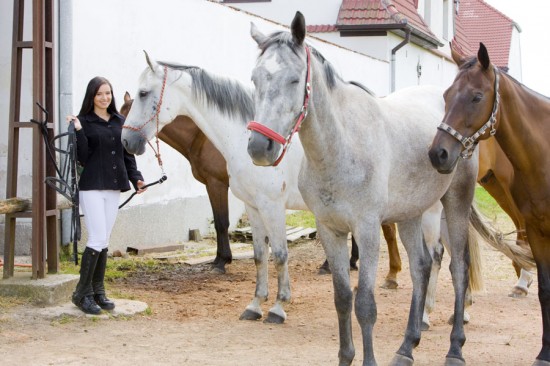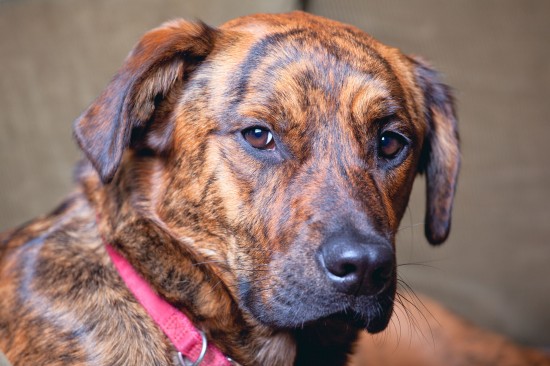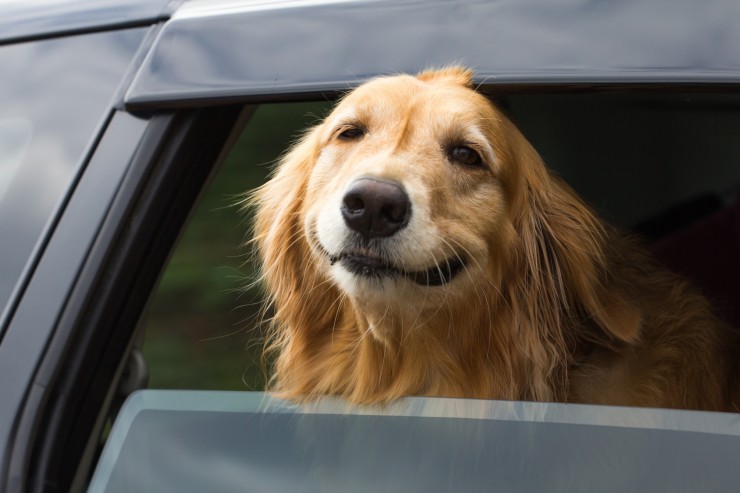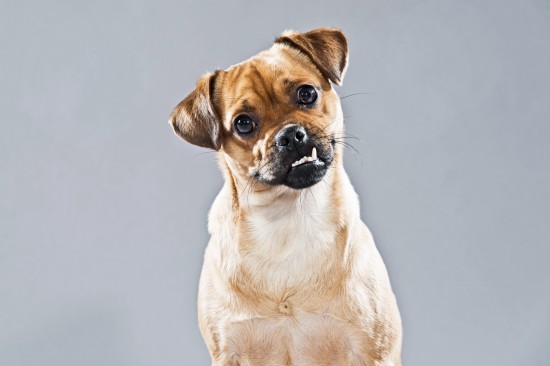
One of the first things a first time puppy owner wants to do is housebreak their dog. But what if you have a previously housebroken dog (beyond the stages of puppy-hood) who's recently reverted back to his old ways of defecating in the house? You may be surprise at the shocking truth to why your dog is doing this.
Did you know that separation anxiety is the root cause to many behavioral problems in dogs? Dogs who experience separation anxiety usually resorts to chewing objects, barking throughout the day, whining, eliminating inside the house in several locations and constantly will beg for your attention. It's a pity that many dog owners don't realize the seriousness of separation anxiety to begin with, if that was the case, there would be less dogs without homes. Many dog owners who deal with these kinds of behaviors are at their wits end and evidently gives there dog up to a new home or animal shelter.
Puppy-hood is not the only stage in a dogs life that exhibits separation anxiety. At any point in a dog's life could they experience separation anxiety. Separation anxiety is when your dog begins to act anxious when his master is gone. Dogs are instinctively pack animals. You are your dog's alpha leader. When you leave the house, your dog becomes anxious and resorts to bad behaviors. For example, this may happens if you go out of town for the weekend and a friend is watching your dog, or if you move to a new home and your dog isn't secure in their new surroundings just quite yet.
Symptoms of Separation Anxiety?
Other than coming home to a mess of destruction (objects chewed up and soiled areas) there are other ways you can tell if your dog is going through separation anxiety. Does your dog greet you wildly when you come home and takes quite some time to calm down? Does your four legged furry friend follow you around the house like your shadow and constantly begs for your attention? Does your pet show anxious behavior when you get ready for work? If any of these things sounds familiar to you than these are signs that your dog may have separation anxiety.
How to Stop and Prevent Social Anxiety
Many people are culprits when it comes to reinforcing their dog's separation anxiety. Many dog owners give there dog lavish attention right before they leave for work. Do you like elaborate goodbyes or greetings with your dog? This is the number one common mistake many dog owners make. Fifteen minutes before you leave and fifteen minutes after you've come home, it is important for you to ignore your dog. Don't give your dog attention when he ask for it. This only reinforces this kind of behavior.
Many dogs who exhibit social anxiety associate their fears to your "getting ready to leave the house" cues. Most people have their own morning routines and dogs know this. With each cue you give him, the closer it's time for you to leave and this makes your dog very anxious.
Change up your morning routine. Put your shoes on first thing in the morning and randomly grab your keys during your daily routine. Walk out the front door and come back in, take your jacket on and off several times before you leave. Think of several ways to change up your morning routine to throw your dog off guard. This way, your dog won't become anxious as you prepare for work in the morning. You need to desensitize your dog to your "getting ready to leave" cues.
Crating your dog has many benefits. Dog's are instinctively den animals. With that said, having a place for them to feel secure and safe while your gone will immensely ease your dog's anxiety (as well as keep your floors clean.)
 Horses - Which Breed Is Best For Me?
Horses - Which Br
Horses - Which Breed Is Best For Me?
Horses - Which Br
 7 Breeds Of Dog Named After People
7 Breeds Of Dog N
7 Breeds Of Dog Named After People
7 Breeds Of Dog N
 Tips On How To Stop Your Dog Barking In The Car
Tips On How To St
Tips On How To Stop Your Dog Barking In The Car
Tips On How To St
 How To Keep A Pet Salamander Healthy And Happy
How To Keep A Pet
How To Keep A Pet Salamander Healthy And Happy
How To Keep A Pet
 Some Facts About Mixed Breed Dogs And Mongrels
Some Facts About
Some Facts About Mixed Breed Dogs And Mongrels
Some Facts About
Copyright © 2005-2016 Pet Information All Rights Reserved
Contact us: www162date@outlook.com